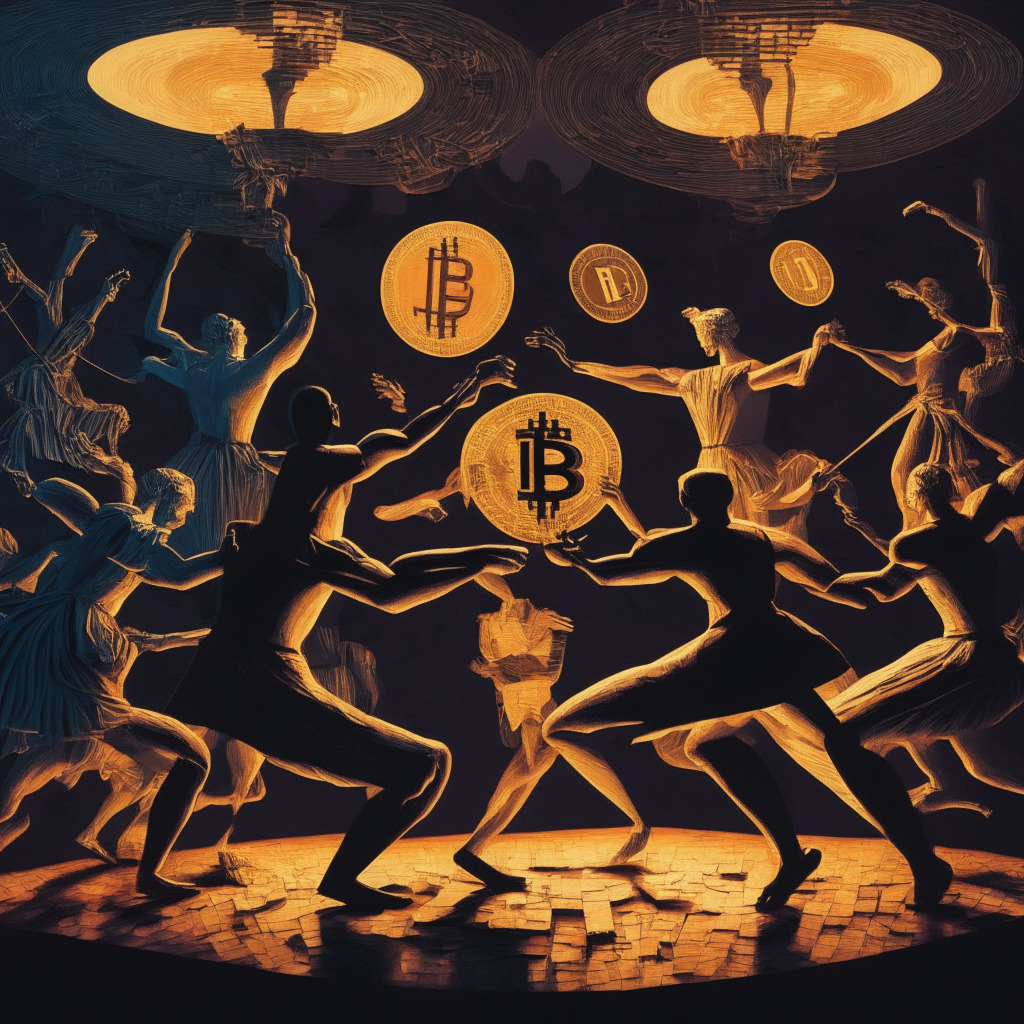Our liberty to execute transactions is subtly eroding – an inherent right we once took for granted. Not too long ago, the idea of governmental bodies using frozen payments as a method of societal control was a nightmarish fiction. However, now, transaction censorship is rising parallel to speech censorship, offering governments unrivaled access to data collection, surveillance, and asset seizure.
A reference point is Canada’s governmental decree early last year, freezing the assets of anti-lockdown demonstrators under the veil of a state of emergency. As digital payments continue their march towards total adoption, such interventions could become an everyday government affair, executed without the complication of invoking special powers or reliance on compliant private banks.
Enter the stage, Central bank digital currencies (CBDCs) – inching ever-closer to full-scale global implementation. Intrinsically, these CBDCs carry the capability to freeze or outright confiscate funds. With such an iteration of programmable money, the risk expands beyond mere corporations, threatening misuse from state control.
While many central banks assure they intend no absolute dominance over money usage, it’s the potential that stirs concern. A range of social policy goals behind CBDC developments, like enhancing tax collection or combating financial crime, could be unachievable without usurping complete command.
Even though commercial banks, fearing revenue decline, may resist governmental personal banking, it’s inevitable that a significant populace will use CBDCs, some exclusively. The newcomers to CBDCs should brace for a grim experience, with immobilized funds, omnipresent surveillance and enforced regulations built into the currency itself, supported by advanced KYC protocols using biometrics.
Proof of these intentions is visible in Brazil, where their central bank revealed a pilot CBDC that permits the government to freeze user balances, redirect them or pause the entire currency. The defense for such drastic transformations in money’s essence is that such measures prevent illegal activities. Yet, no call exists for centralized agencies to shadow vehicles’ movements, despite their usage in illicit activities.
Therefore, the proposal to entirely monitor and control currency for an illusionary safety appears severely unjustifiable. What qualifies central bankers to interpret and enforce laws? Will they respect the justice system, or act on their terms? The looming confusion begs the question of what exactly falls under their jurisdiction – laws or unaccountable policies drafted by bureaucrats?
Nonetheless, there’s a sliver of hope to preserve transactional rights – cryptocurrency. Governments learned, rather harshly, that self-custodied crypto wallet funds are invulnerable to forced freezing, highlighting that cryptocurrencies safeguard our transactional rights. Despite our institutional erosion, reclaiming our basic right to transact by shifting towards cryptocurrency usage would be a windswept pivot towards financial freedom.
Source: Coindesk




